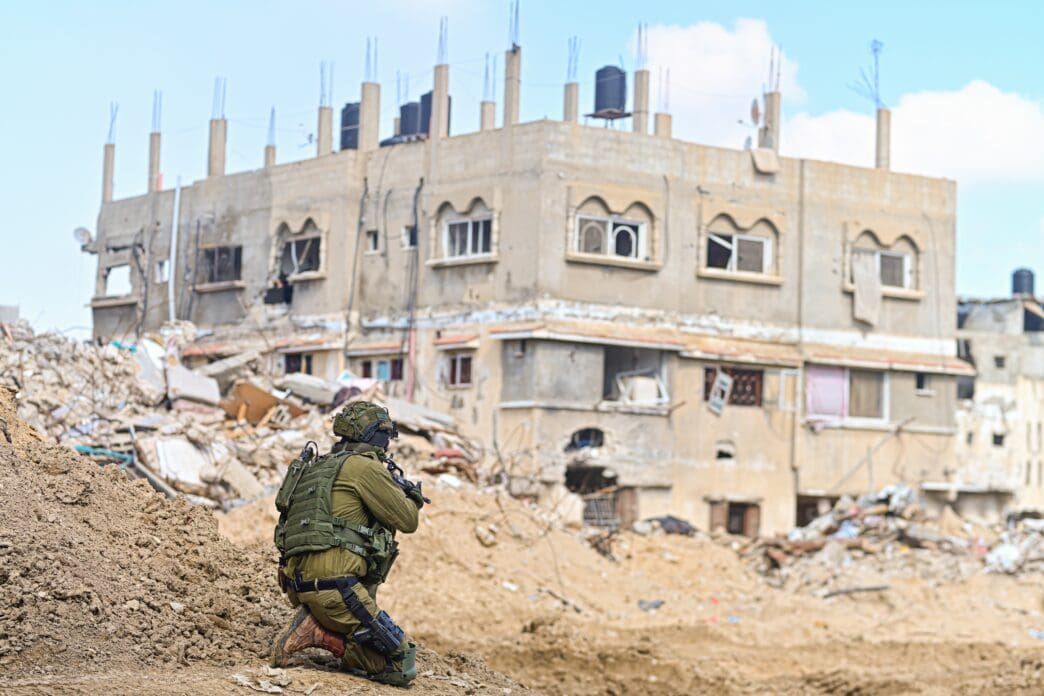Executive Summary
The Story So Far
Why This Matters
Who Thinks What?
Israel and Hamas have agreed to the first phase of a US-brokered ceasefire framework, a significant development announced by President Donald Trump that is expected to lead to the swift release of all hostages held in Gaza. The agreement, reached on Thursday, October 9, 2025, also includes an Israeli withdrawal to an agreed point and the release of some Palestinian prisoners, sparking scenes of celebration and cautious optimism in both Gaza and Israel.
The Agreement’s Details
The initial phase of the ceasefire is designed to facilitate the return of all hostages held by Hamas. President Trump indicated that the hostages are likely to be released on Monday, following extensive negotiations mediated by Qatar, Egypt, and Turkey.
Israeli Prime Minister Benjamin Netanyahu hailed the agreement as a “diplomatic success and a national and moral victory” for his country. Hamas, in turn, expressed gratitude to President Trump and all involved mediators for their efforts in reaching the deal.
Unresolved Issues and Next Steps
Despite the breakthrough, several critical issues remain unaddressed in the current agreement, including the disarmament of Hamas and the future governance of Gaza. There are also concerns regarding the location and retrieval of the remains of some of the deceased hostages.
In the immediate aftermath, Israeli Prime Minister Netanyahu is scheduled to convene his government to ratify the agreement. Following cabinet approval, a legal window for petitions challenging prisoner releases will open before the hostage releases can proceed. President Trump has also announced plans to visit Israel in the coming days.
The Israeli military has cautioned Palestinians against returning north or approaching areas where forces are stationed, indicating continued military readiness despite the ceasefire agreement.
Reactions and Humanitarian Context
News of the ceasefire agreement was met with an “immense sense of joy, of relief” in Gaza, according to a UNICEF global spokesperson, despite the extensive devastation wrought by two years of conflict. Celebrations also erupted in Israel, with families of hostages and former captives expressing profound relief and gratitude, particularly to President Trump.
International leaders have widely welcomed the agreement. Prime Ministers from Britain, Canada, India, Pakistan, Australia, and New Zealand, along with Argentina’s President, extended congratulations to President Trump and expressed hope for lasting peace and humanitarian relief in the region.
The conflict has resulted in a severe humanitarian crisis in Gaza, where the Palestinian health ministry reported over 67,000 fatalities, predominantly women and children. An independent UN inquiry in September declared that Israel had committed genocide against Palestinians in Gaza, a finding firmly rejected by the Israeli government.
The agreement marks a crucial step toward de-escalation and humanitarian relief in the region, offering a glimmer of hope for an end to the protracted conflict. However, the path to a comprehensive and lasting peace remains complex, with significant diplomatic and logistical challenges still to be navigated.








